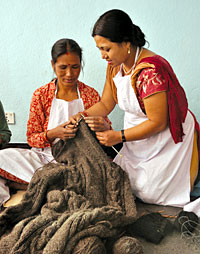 BIKRAM RAI KNIT RIGHT: Sabita Maharjan (right) teaches a new design to a woman at her workshop. |
There are few women in Kirtipur who do not recognise 34-year-old Sabita Maharjan. She is the founder of a local women's cooperative, teaches adult literacy classes and runs cleaning campaigns throughout Kirtipur.
But what makes Sabita a prominent figure in the community is Kirtipur Hosiery, a knitting business she established, which has trained more than 500 women and currently employs over 70. On Tuesday she was presented with the Surya Nepal Asha Social Entrepreneurship Award in recognition of her significant contribution towards empowering women in Kirtipur. Sponsored by Surya Nepal, the award was organised by ChangeFusion Nepal and supported by National Business Initiative.
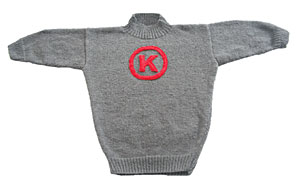 |
Sabita was interested in knitting from an early age and started attending formal training classes at the Department of Cottage and Small Industries. Her first job was at Kalanki Knitwear, a manufacturer and exporter of woolen wear. A fiercely independent woman, Sabita used her first earnings to fund her college education.
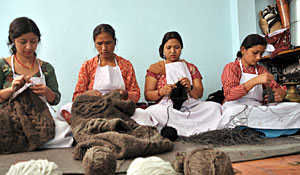 |
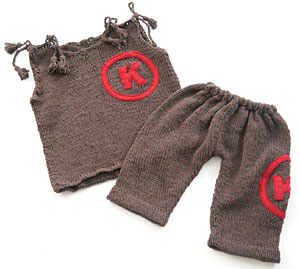 |
Over the years, Kirtipur Hosiery has partnered with several organisations such as Business Service Centre, and Educational Resource and Development Centre Nepal in an effort to train the women workers in vital life skills other than knitting. "Right now we are focusing on learning basic computer skills so that we can explore new designs and market our products to a wider audience," says Sabita. She has also taught her staff money management skills and makes it a point to stress on the importance of economic independence.
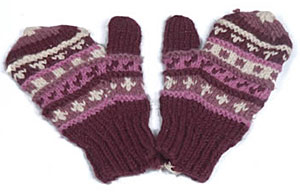 |
"Women have to be economically independent," claims Sabita as she recounts her own story. Sabita's husband had a history of drug and alcohol abuse and would often beat her. "If I wasn't financially independent, I would have never had the courage to stand up to my husband and leave his house."
Sabita's experiences with domestic violence and her understanding of Nepali women's vulnerable position have prompted her to open a shelter for single women where she will provide training courses in knitting and making handicrafts.
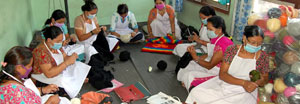 |
I n the future, Sabita hopes to improve her company's reach in the market. Currently, a cap that Kirtipur Hosiery sells for Rs 60 is sold for over Rs 200 in stores of Thamel and for more in the international market. She says that if her company is able to directly access the market instead of relying on intermediaries, the women workers could earn three times their current income and the profits would rise.
Despite her impressive achievements Sabita remains humble and maintains, "This award is not mine alone, and I want to use it to make life better for my sisters who work with me."
Paavan Mathema


